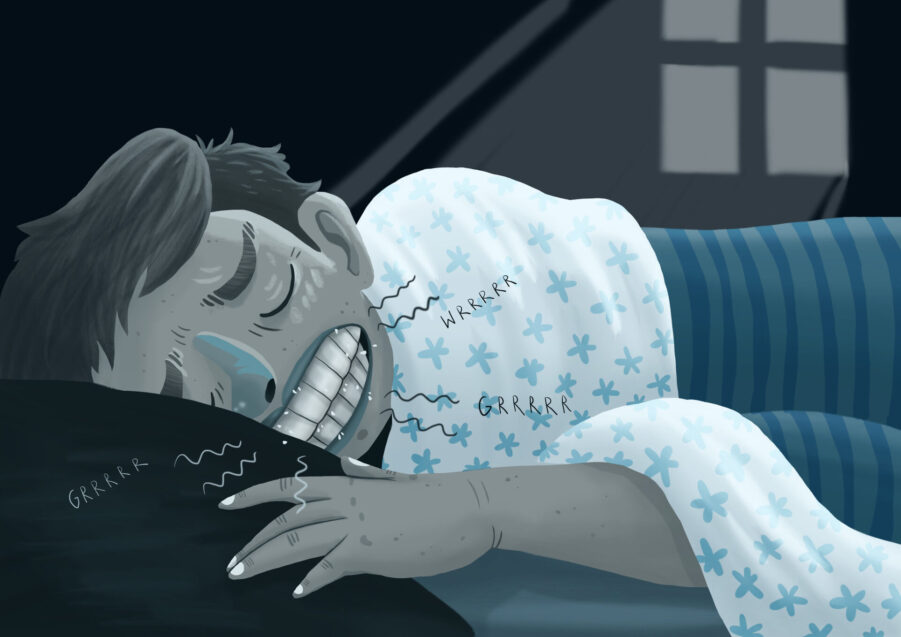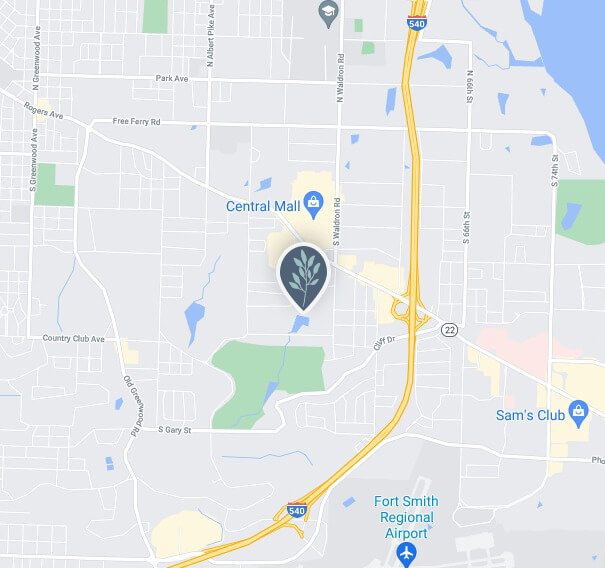
Understanding the Effects of Teeth Grinding
June 20, 2024 9:00 amDo you ever wake up with a sore jaw or a headache? You might be grinding your teeth at night, a condition known as bruxism. River City Dental in Fort Smith, AR is here to help you understand the effects of teeth grinding and how to manage it to protect your smile.
What is Teeth Grinding?
Teeth grinding, or bruxism, is a condition where you grind, gnash, or clench your teeth. It can occur during the day or, more commonly, at night while you’re asleep. Many people are unaware they grind their teeth until they experience symptoms or a dentist notices signs of wear and tear during a check-up.
Causes of Teeth Grinding
Several factors can contribute to teeth grinding, including:
Stress and Anxiety: High levels of stress or anxiety are significant triggers for bruxism.
Sleep Disorders: Conditions like sleep apnea can increase the likelihood of grinding your teeth.
Misaligned Teeth: An uneven bite or missing teeth can cause you to grind your teeth as your mouth tries to find a comfortable position.
Lifestyle Factors: Excessive caffeine or alcohol consumption, smoking, and certain medications can also contribute to bruxism.
Effects of Teeth Grinding
Ignoring teeth grinding can lead to several dental and health issues, such as:
Tooth Damage: Continuous grinding can wear down enamel, leading to tooth sensitivity, fractures, abfraction, or even tooth loss.
Jaw Pain: Bruxism can cause or worsen temporomandibular joint (TMJ) disorders, leading to pain and discomfort in the jaw.
Headaches: Frequent headaches, particularly upon waking, are a common symptom of teeth grinding.
Gum Recession: The pressure from grinding can contribute to gum recession and other periodontal problems.
Managing Teeth Grinding
If you suspect you’re grinding your teeth, it’s essential to seek professional advice. Here are some ways to manage bruxism:
Mouthguards: Custom-fitted mouthguards from your dentist can protect your teeth from grinding damage.
Stress Management: Techniques such as exercise, meditation, or therapy can help reduce stress and anxiety.
Dental Correction: Treating misaligned teeth or bite issues can alleviate grinding.
Lifestyle Changes: Reducing caffeine and alcohol intake, avoiding smoking, and maintaining good sleep hygiene can help manage bruxism.
Treat Bruxism With River City Dental
At River City Dental in Fort Smith, AR, Dr. Peyton Aven, Dr. Emily Steininger, and Dr. Amin Nasehi are dedicated to helping you manage and treat teeth grinding effectively. Our comprehensive approach includes diagnosing the underlying causes of bruxism and providing personalized treatment plans to protect your smile and improve your quality of life.
Teeth grinding can have serious implications for your dental health, but with the right care and strategies, you can manage it effectively. Trust the team at River City Dental to provide the support and solutions you need to keep your smile healthy and pain-free. Schedule an appointment today to learn more about how we can help you with teeth grinding and other dental concerns.
Image from Authority Dental under CC 2.0



